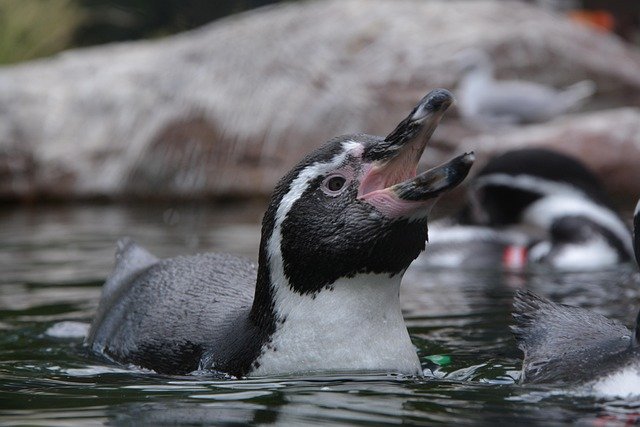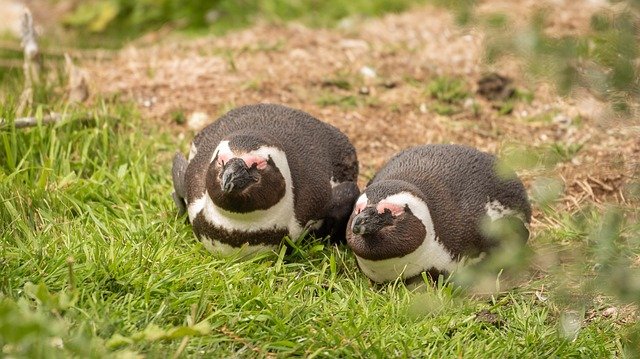**Topic: "The Social Dynamics of Penguin Colonies: Communication, Cooperation, and Conflict"**

The Social Dynamics of Penguin Colonies: Communication, Cooperation, and Conflict
Penguins are fascinating creatures that exhibit complex social behaviors within their colonies. These social dynamics are crucial for their survival and reproduction, providing insights into the intricate relationships that develop among these flightless birds. In this post, we will explore the key aspects of communication, cooperation, and conflict within penguin colonies.
Communication
Penguins are known for their vocalizations, which play a vital role in their social interactions. Each species has its own unique calls, which can convey different messages such as:
- Mate Attraction: During the breeding season, male penguins often use specific calls to attract females. These calls can be distinctive enough that females can identify their mates among thousands of others.
- Chick Communication: Parent penguins and their chicks engage in vocal exchanges that help strengthen their bond. Chicks can recognize their parents' calls, which is essential for locating them in crowded colonies.
- Alarm Calls: Penguins also use vocal signals to alert others to potential threats, such as predators or environmental dangers.
Cooperation
Cooperation is a fundamental aspect of penguin social life, particularly during the breeding season. Some notable examples include:
- Nesting and Incubation: Many penguin species, such as the Emperor and King penguins, take turns incubating their eggs. This shared responsibility allows one parent to forage for food while the other keeps the eggs warm and protected.
- Huddling: In harsh climates, penguins often huddle together to conserve warmth. This behavior not only helps them survive freezing temperatures but also fosters social bonds within the colony.
- Chick Rearing: In some species, such as the African penguin, parents may collaborate with other adults to care for their chicks, offering protection and feeding assistance.
Conflict
Despite their cooperative nature, penguin colonies are not without conflict. Competition for resources and mates can lead to aggressive interactions:
- Territorial Disputes: Male penguins may engage in aggressive displays or physical confrontations to establish dominance and secure prime nesting sites. These conflicts can escalate, leading to injuries or even death in extreme cases.
- Resource Competition: Penguins compete for food, especially during breeding seasons when energy demands are high. This competition can lead to aggressive behaviors, such as stealing fish from other penguins.
- Social Hierarchies: Within colonies, social hierarchies can emerge, with dominant individuals exerting control over resources and mating opportunities. This hierarchy can influence breeding success and overall fitness.
Conclusion
The social dynamics of penguin colonies are a remarkable blend of communication, cooperation, and conflict. Understanding these behaviors not only enhances our knowledge of penguin ecology but also sheds light on the broader principles of social interaction in animal communities. As we continue to study these captivating birds, we gain valuable insights into the complexities of social life in the animal kingdom.
For more information on penguin behavior and conservation efforts, feel free to explore related research articles and documentaries!

Upvoted! Thank you for supporting witness @jswit.